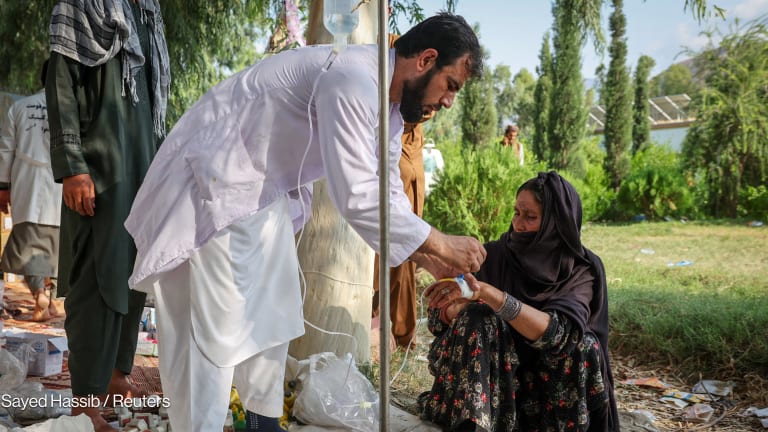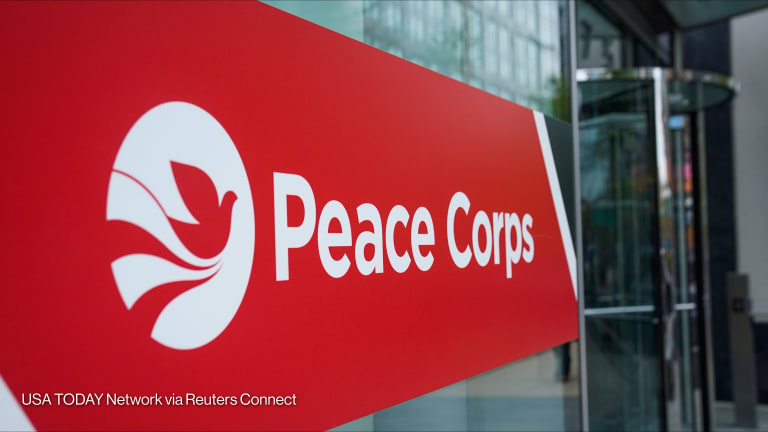Death toll and infrastructure damage are not just for the Haitians after the 7.0-magnitude earthquake on Jan. 12. International aid workers themselves suffered loss of headquarters, facilities and colleagues in a calamity unknown to Haiti in 200 years.
The United Nations mourns the demise of its mission's head to Haiti, Hedi Annabi. The U.N.'s Haiti headquarters collapsed and offices of several U.N. agencies, including the U.N. Development Program and World Food Program, in the country's capital and earthquake epicenter, Port-au-Prince, were badly damaged.
At least 15 aid workers were declared dead, and the U.N. Volunteers program worries about the safety of its 220 volunteers stationed in the field.
Electricity, water and communication facilities are mostly down, making citizens' access to aid and humanitarian workers' operations much difficult.
International aid groups have sent immediate assistance for search and rescue, medical services, clean water and food. World Vision, for instance, is sending today 18 tons of basic supplies, while Direct Relief International is transporting on Friday $2 million worth of medical supplies.
Aid pledges are pouring in. Commitments from the Inter-American Development Bank, AusAID, U.N. Central Emergency Response Fund, World Bank, and government of Guyana combine for more than $130 million.
The country has yet to fully recover from the damage of hurricanes and storms it endured in 2008. On top of that, political upheavals have made this island nation the poorest in the Western Hemisphere. The earthquake may have severely affected a third of Haiti's 9 million population, many of whom live on $2 a day. National elections are scheduled for next month.








